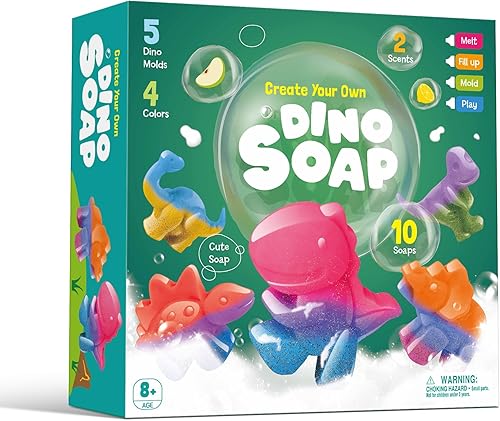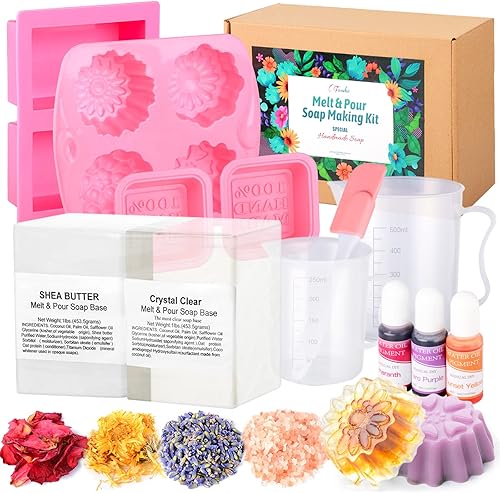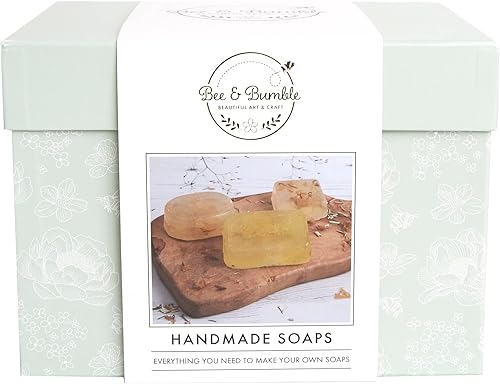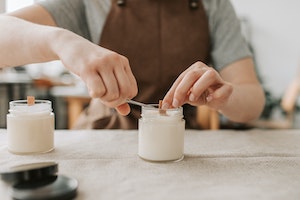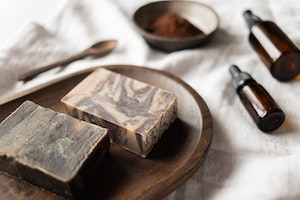Best soap making kits
Last updated: 12-Sep-23
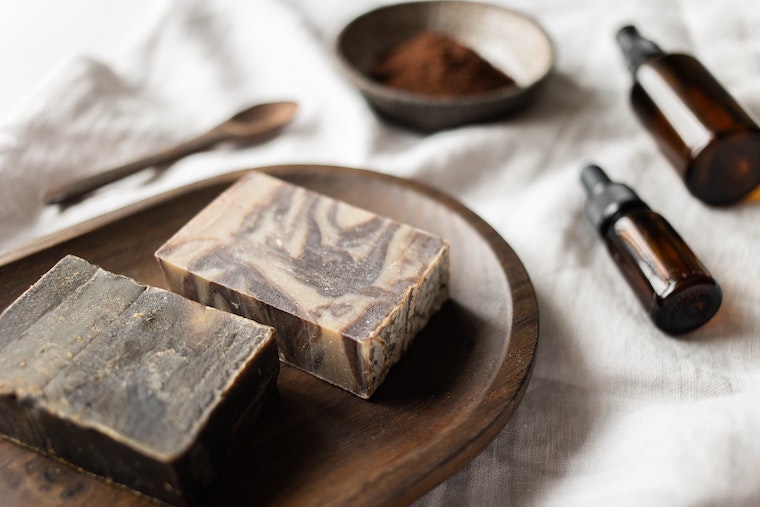
Image courtesy of Monstera Production
Make your own all natural soap with pure ingredients
Included in this guide
Introduction - Best soap making kits
The best soap-making kits are perfect for anyone who is interested in making their own soap at home. They are especially great for beginners who want to try out soap-making without investing in a lot of supplies.
Soap-making kits typically contain all the necessary ingredients and tools to make soap at home including:
Soap base, Fragrances, Colorants, Moulds, Measuring cups, Spatulas, and Instructions.
The process for making soap may depend on the individual soap-making kit but in general terms the following applies:
- Melt the soap base in a double boiler or microwave.
- Add the fragrance and colourant to the melted soap base.
- Pour the mixture into the mould.
- Let the soap cool and harden.
- Remove the soap from the mould.
Soap is made from a combination of an acid and a base. The most common acid used in soap making is oil, while the most common base is lye (sodium hydroxide). When these two ingredients are combined, they undergo a chemical reaction called saponification, which produces soap and glycerin as a byproduct.
What to look for - Best soap making kits
Not all soap-making kits use the same ingredients. The best soap-making kits use good quality oils as each has its own unique properties. Some of the most commonly used oils include:
- Olive oil: Olive oil is a popular choice for soap making because it produces a mild and moisturizing soap. It also has a long shelf life and is readily available.
- Coconut oil: Coconut oil is another popular choice because it produces a hard and cleansing soap with a rich lather. However, it can be drying if used in high concentrations.
- Palm oil: Palm oil is often used in soap making because it produces a hard and long-lasting bar of soap. However, there are concerns about the environmental impact of palm oil production.
- Castor oil: Castor oil is used in soap-making to produce a stable and creamy lather. It also helps to moisturise the skin.
- Sweet almond oil: Sweet almond oil is a popular choice for soap making because it produces mild and moisturising soap. It is also rich in vitamins and minerals that are beneficial for the skin.
- Avocado oil: Avocado oil is another popular choice because it produces a mild and moisturising soap. It is also rich in vitamins and minerals that are beneficial for the skin.
- Jojoba oil: Jojoba oil is often used in soap making because it helps to moisturise the skin and regulate sebum production. It also has a long shelf life.
There are many other oils that can be used for soap making, each with its own unique properties. The best oils to use will depend on your personal preferences and the properties you want your soap to have.



